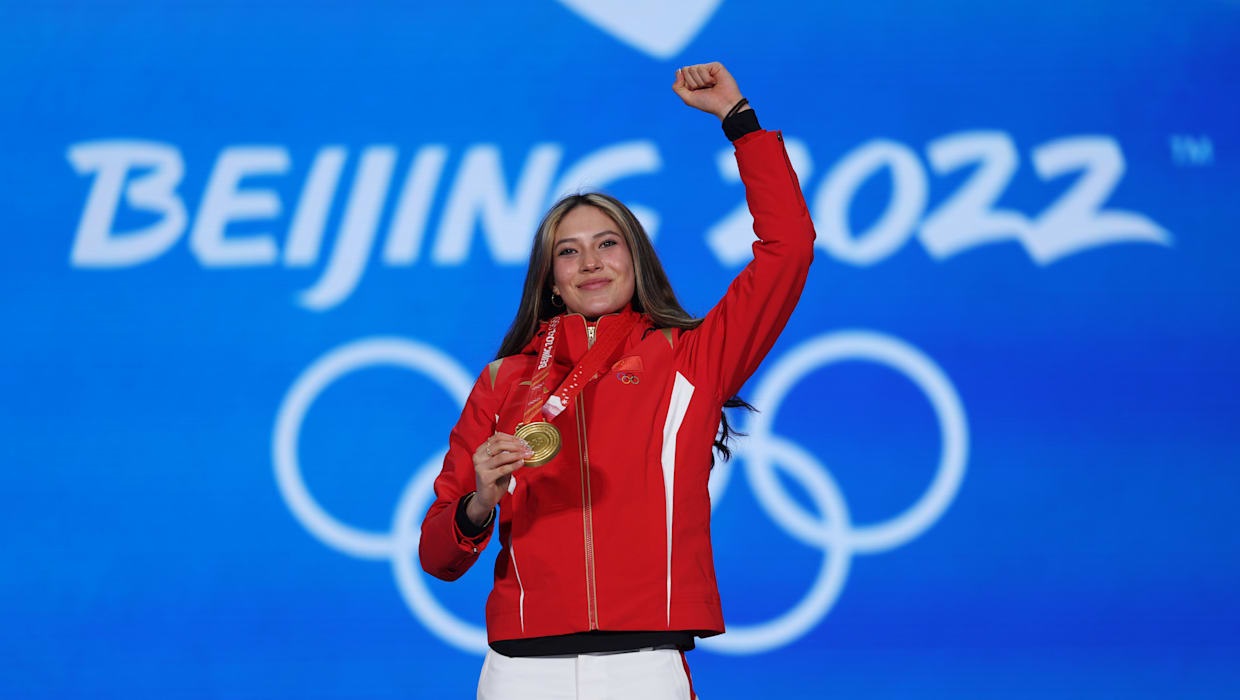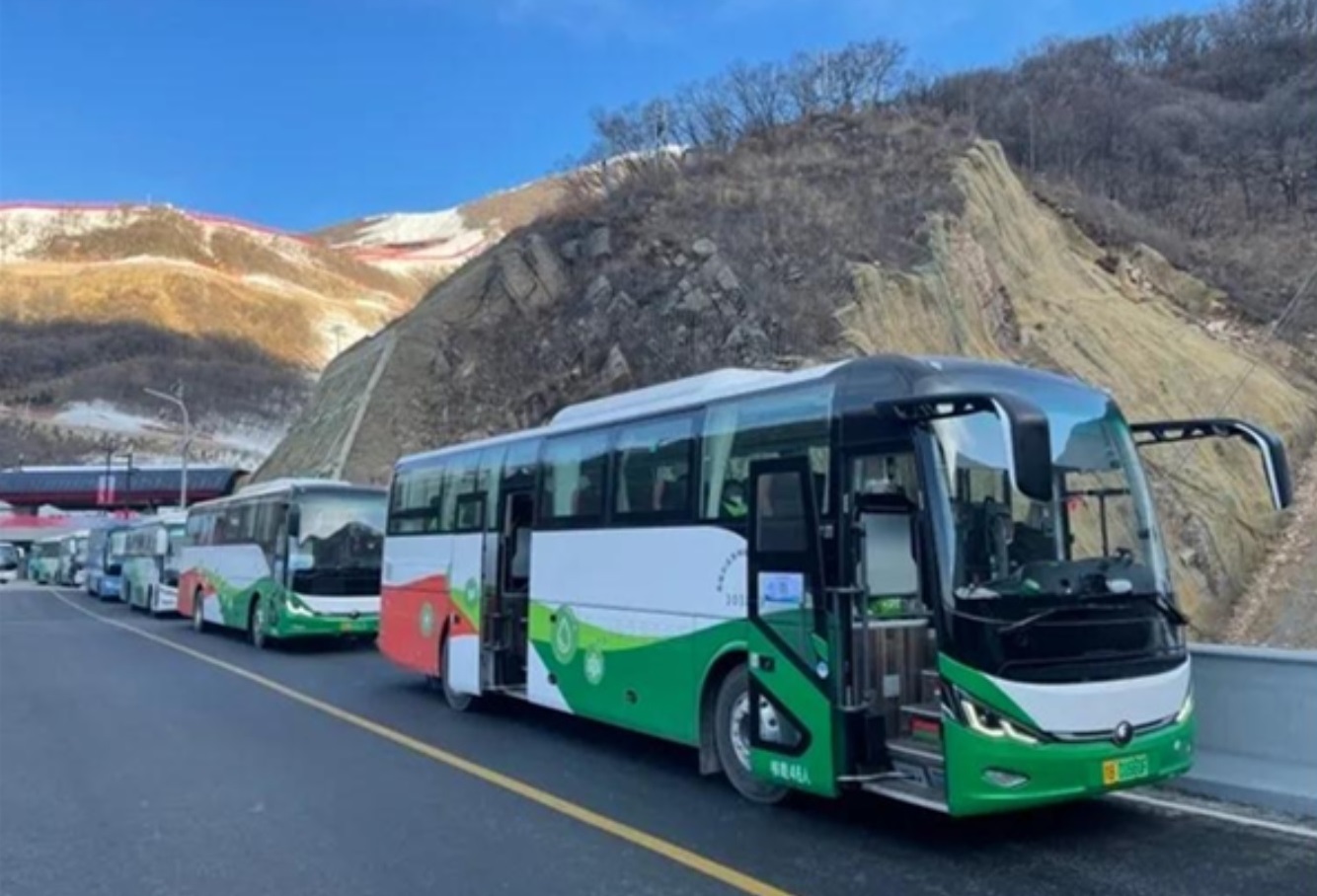Almost everybody enjoys the story of Beijing 2022 Winter Olympics, and gets more familiar with some great names and sports, like Ailing (Eileen) Gu, Shaun White, Vinzenz Geiger, Ashley Caldwell, Chris Lillis and Justin Schoenefeld, freestyle skiing, snowboard, speed skating, Nordic combined, etc. In fact, our Ningbo helps create greener Winter Olympic Games.
All 26 Winter Olympic venues in the Beijing and Zhangjiakou areas are powered by clean energy, according to Chinese Foreign Ministry Spokesperson Zhao Lijian, who made the remarks at a news conference on January 17th. This clean energy is generated by the Zhangbei renewable energy flexible DC grid, the world’s first flexible direct current power grid project. The flexible DC transmission technology has higher controllability, faster power adjustment speed and a more flexible operation mode compared with AC and conventional DC grids. The DC cable used in this groundbreaking project was developed and manufactured by Ningbo Orient Cable Co Ltd.
In addition, about 150 hydrogen fuel cell buses manufactured by the Zhejiang city are being used at the Games. Capable of traveling 450 kilometers on a single charge, these buses can run smoothly at temperatures as low as minus 20 degrees Celsius, according to Chen Ping, chairman of the Ningbo Hydrogen Energy Research Institute of the State Power Investment Corporation.
Ningbo focuses on the development of high-tech industries. Ningbo has developed NdFeB and SmCo rare earth permanent magnet industry for more than 30 years. Although Ningbo does not have the advantages of rare earth raw materials, it has formed a strong industrial foundation and a relatively complete industrial chain relying on its own strong science and technology and R & D. Ningbo is an important rare earth permanent magnet production base in China and even the world. The output of rare earth permanent magnets in China accounts for nearly 90% of the world. In 2018, the output value of rare earth permanent magnets in Ningbo was 15 billion, accounting for about 35% of the country, the output of neodymium iron boron was nearly 70000 tons, accounting for more than 40% of the country, and the export volume of magnets accounted for 60% of the country.
In recent three years, with the important application market of rare earth permanent magnet and the accelerated development of new energy, especially wind power and electric vehicles, the demand for rare earth permanent magnet has increased rapidly. Many NdFeB magnet enterprises have accelerated to establish or expand the production scale of NdFeB in rare earth raw material bases such as Baotou and Ganzhou. The proportion of Neodymium magnet output in Ningbo in the whole country is declining, but Ningbo mainly focuses on the production of high-performance and high stability magnets. Its NdFeB magnets focus on high-end application fields such as industrial motors, intelligent robots, direct drive motors, EPS, elevators and consumer electronics, etc.
Post time: Feb-11-2022

